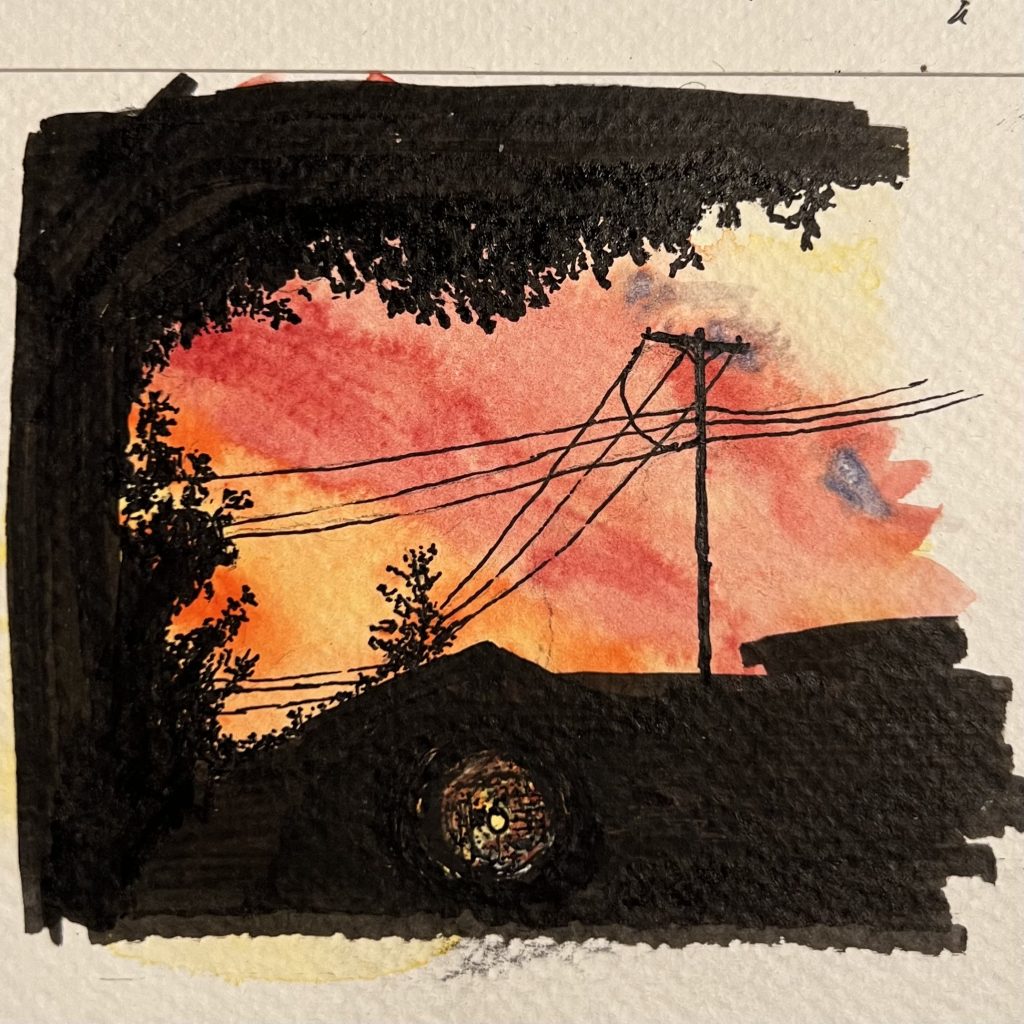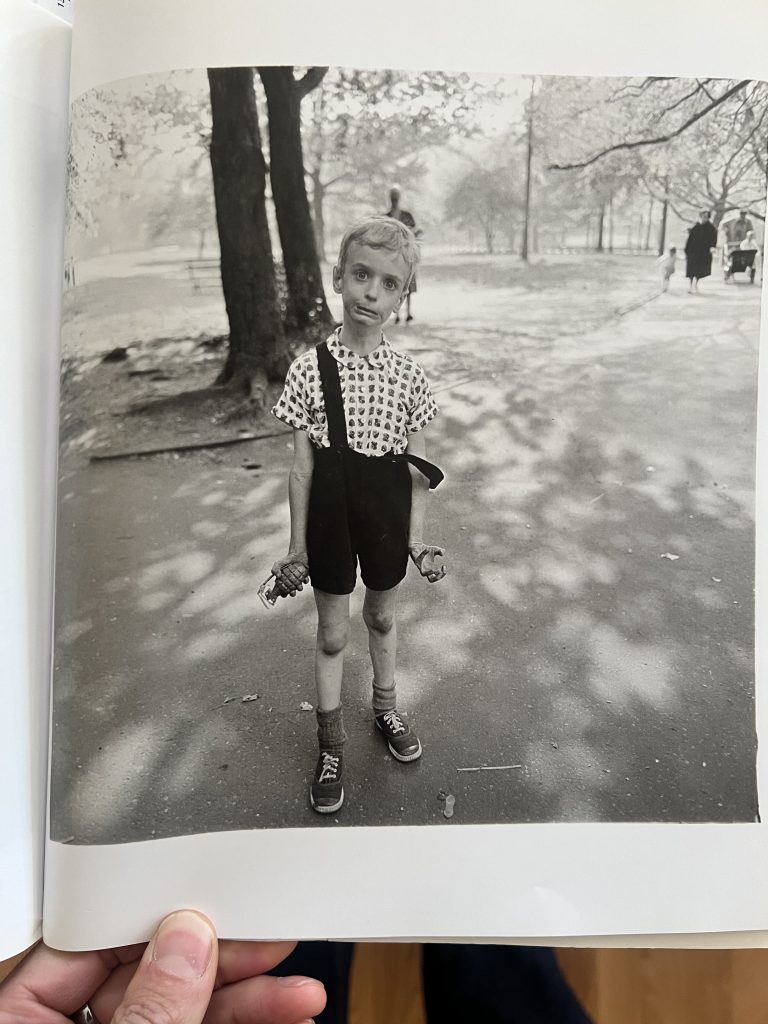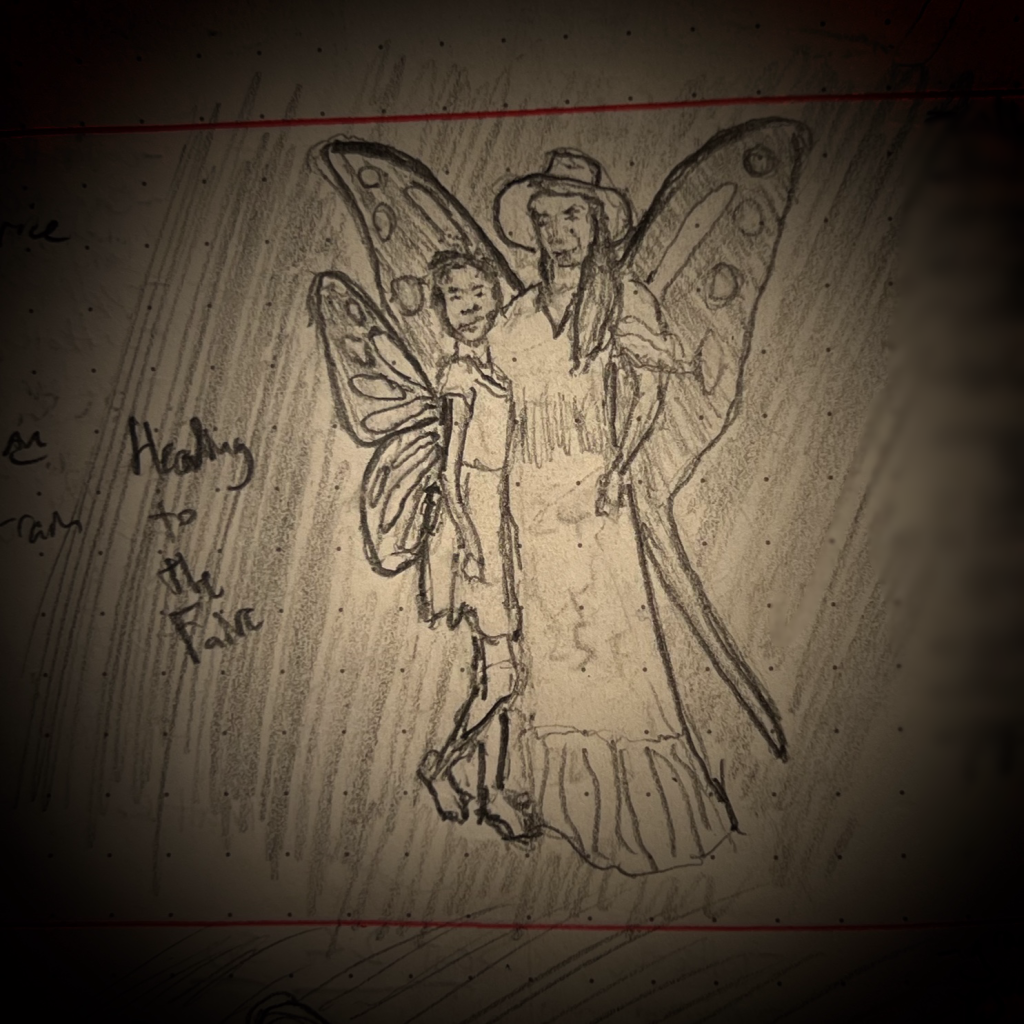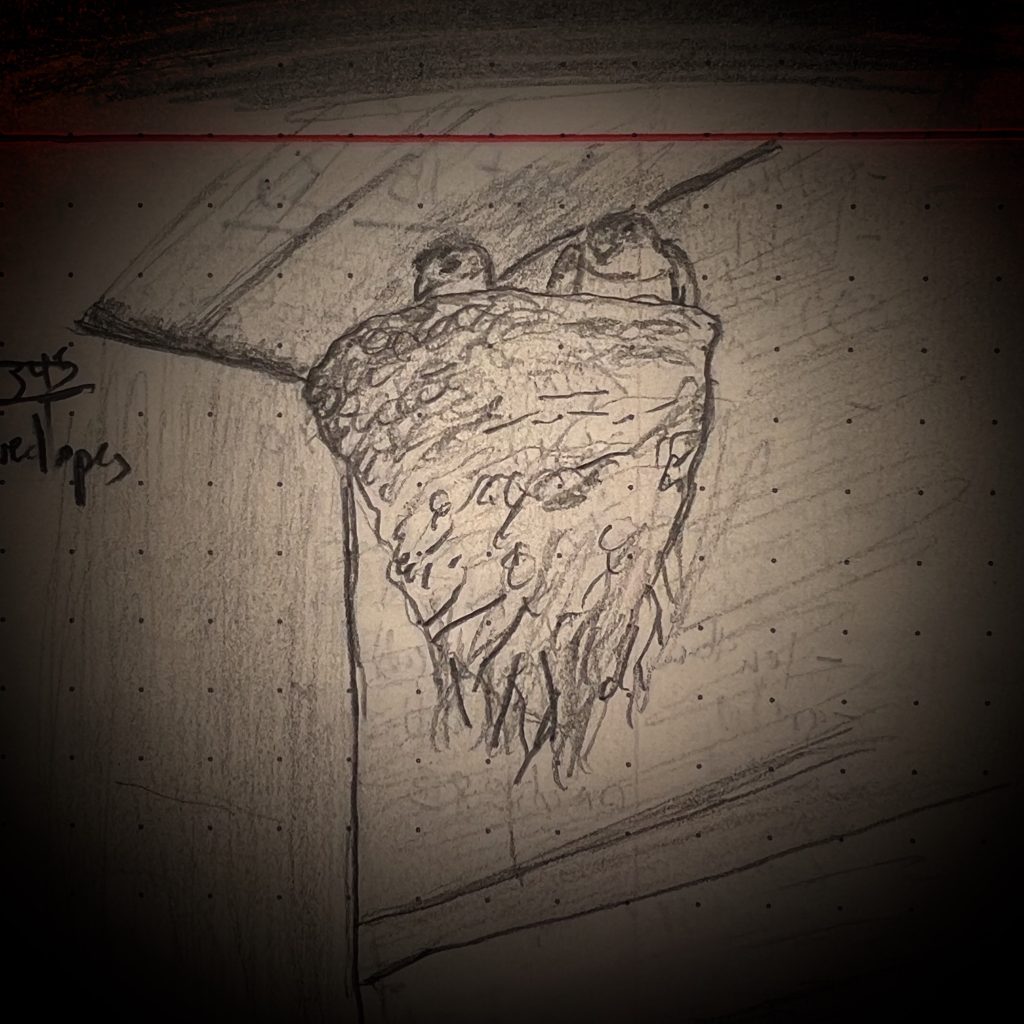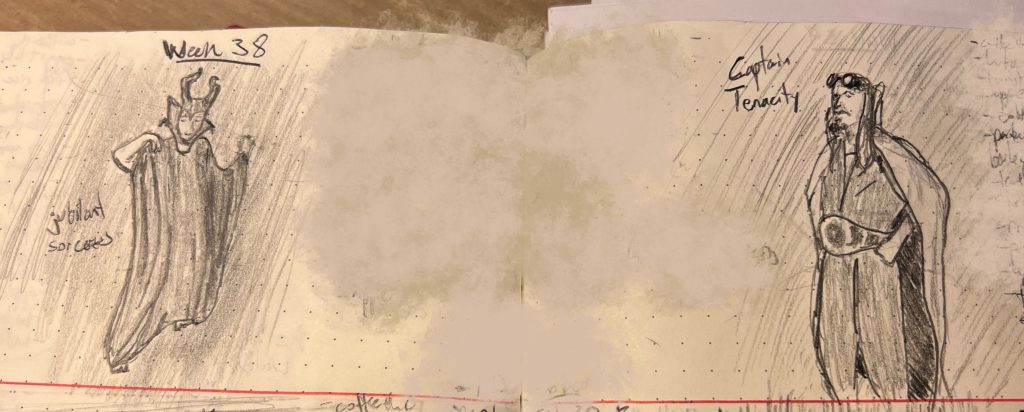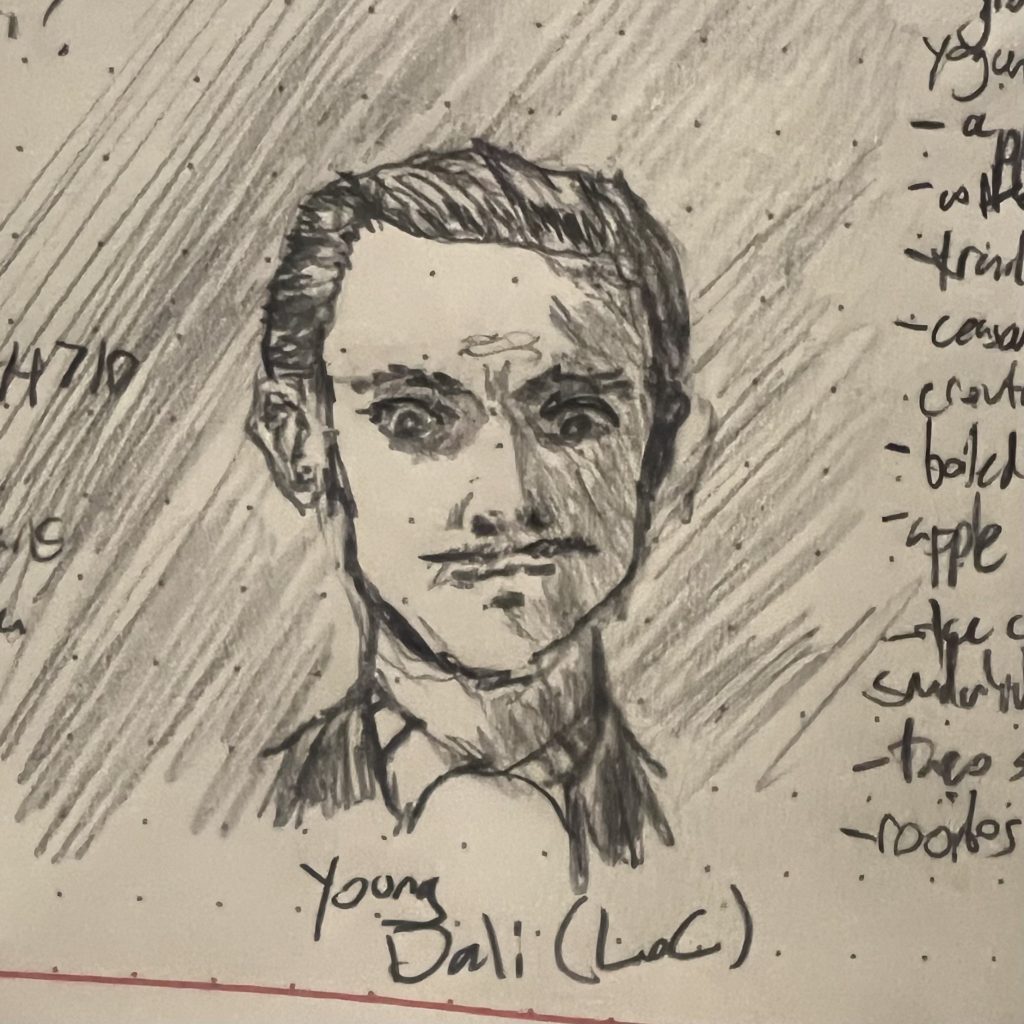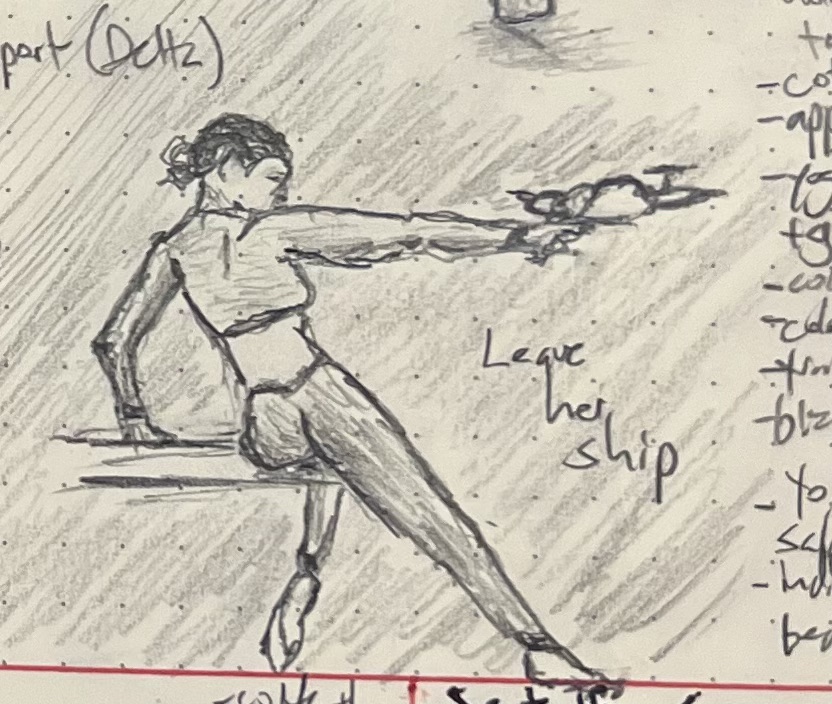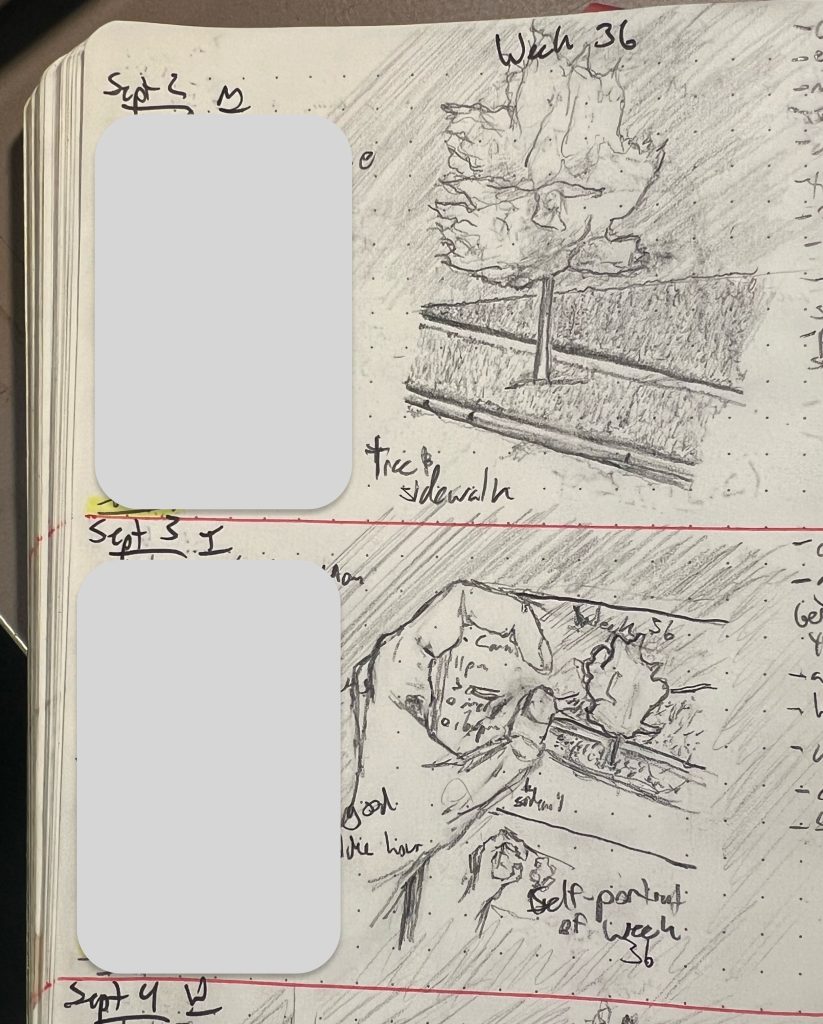A lot of my favorite horror films are SNL digital shorts. I’ve been mulling this over for years now (in fact, I just spent the last hour writing about this from a craft perspective, a screed that I mercifully deleted rather than sending).
I think it all comes down to this: horror in film basically relies on four tools:
- jump scares
- mounting dread
- squick (e.g., gore, body horror, and torture porn)
- uncanniness
Jump scares are easiest, mounting dread takes the most time, and squick is often the best way to cash in or make a name for yourself. But it’s always the uncanniness I’m after in horror, that experience Freud described as abruptly seeing the “familiar and old-established” as strange and alien, thus giving the sense of revealing a deeper truth “which ought to have remained hidden but has come to light.”
It’s the horrific uncanniness I love in these comedy skits. In part, this arises from what’s implied about the universe that the characters live in, all the stuff that’s outside the frame (e.g., Jason’s refrigerator, the pizza beast, the old woman across the street, that high school).
But I think the key element—the thing that pushes this beyond “the familiar and old-established made strange and alien” and into the territory of “that which ought to have remained hidden being dragged up into the light” is the fact that the world we actually really live in—where I’m sitting and typing and you’re sitting and reading and we’re both watching these little 3-minute-gems—is also outside the frame.
The awful thing the characters in the movie are about to experience? It’s already happening here. Hell, it’s us. And we’re laughing.
For your viewing pleasure:
- “My Best Friend’s House”
- “Touch Up”
- “Almost Pizza”
- “Lonely Christmas”
- “Cockblocked”
- “After High School”
- “Tasty Toaster Tarts”
- “Unedited Footage of a Bear” —> the unskipable Claridryl ad —> the uncanny Claridryl reality that may or may not be part of the unskipable Clarifryl ad

